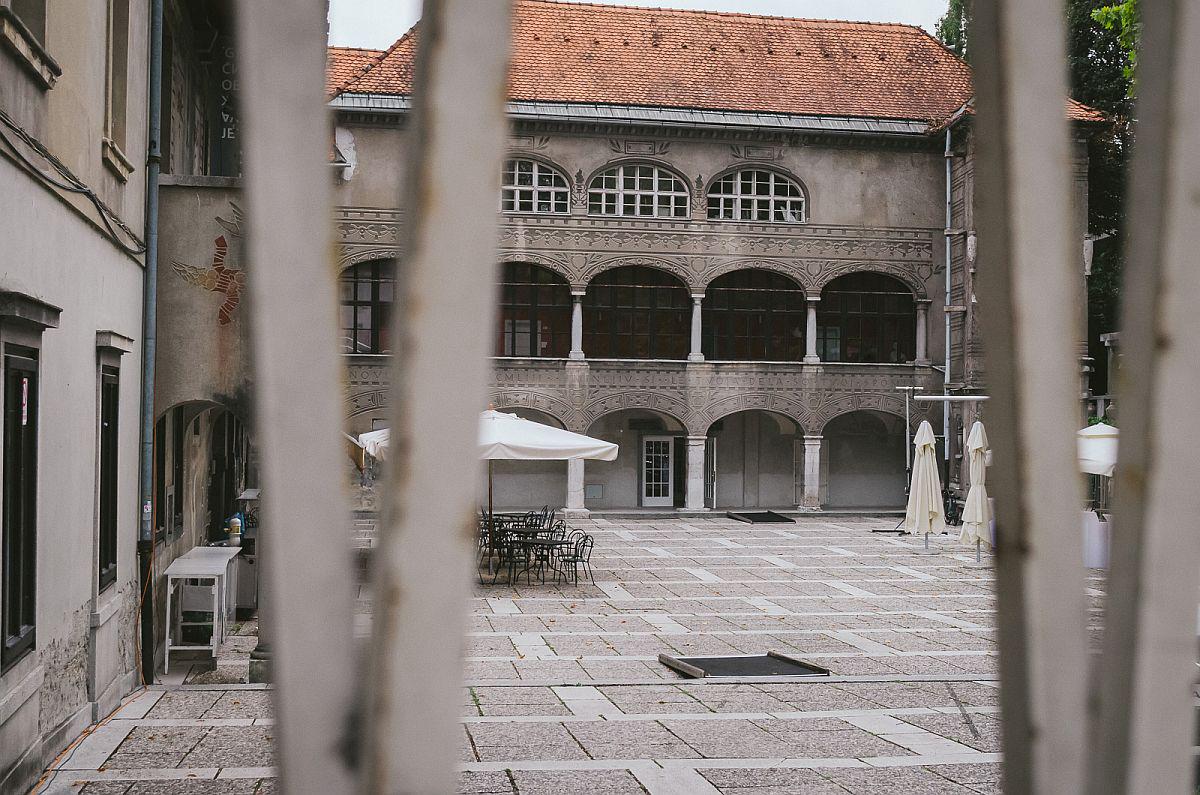The Križanke concert venue in Ljubljana is best known these days for hosting some of the most popular musical acts from Slovenia and around the world. Few realize, however, that the building once served as the base of the Teutonic Crusader Knights, whose history in Slovenia spans eight centuries.
Members of the order set up their headquarters in Ljubljana in the 13th century. Through the years, the order also spread to the region of Bela Krajina, There, the knights not only protected the local population from Turkish incursions but also became a hugely important cultural and political power in the region. Their territorial disputes with the church authorities in Zagreb even helped to shape the modern-day border between Croatia and Slovenia.
The Teutonic Knights also owned land in the area around Ljutomer. They taught the locals how to grow wine; in fact, the region is still known as one of Slovenia’s’ leading wine-growing areas. Even the name of a village in the area – Jeruzalem -- serves as a reminder of its connection to the Crusader Knights.
In return for defending the local population, the Teutonic Crusader Knights were granted land and allowed to build churches. Initially, they cared mostly for crusaders returning from the Holy Land. However, they eventually moved beyond caring for their fellow knights. They ran everything from hospitals and orphanages to homes for the elderly. They even set up the first mental hospitals in the Slovenian Lands. Meanwhile, the Sisters of the Teutonic Order served as nurses in the various institutions operated by the knights.
In the modern era, the order experienced a gradual decline as its humanitarian facilities were replaced by secular institutions. Just 22 knights were active by the end of World War II, when the newly installed Communist authorities effectively shut down the order and nationalize its property – including what became the Križanke concert venue in Ljubljana.
Today, five members of the Teutonic Knights carry on the legacy of a religious that once shaped the history of Europe.



































































